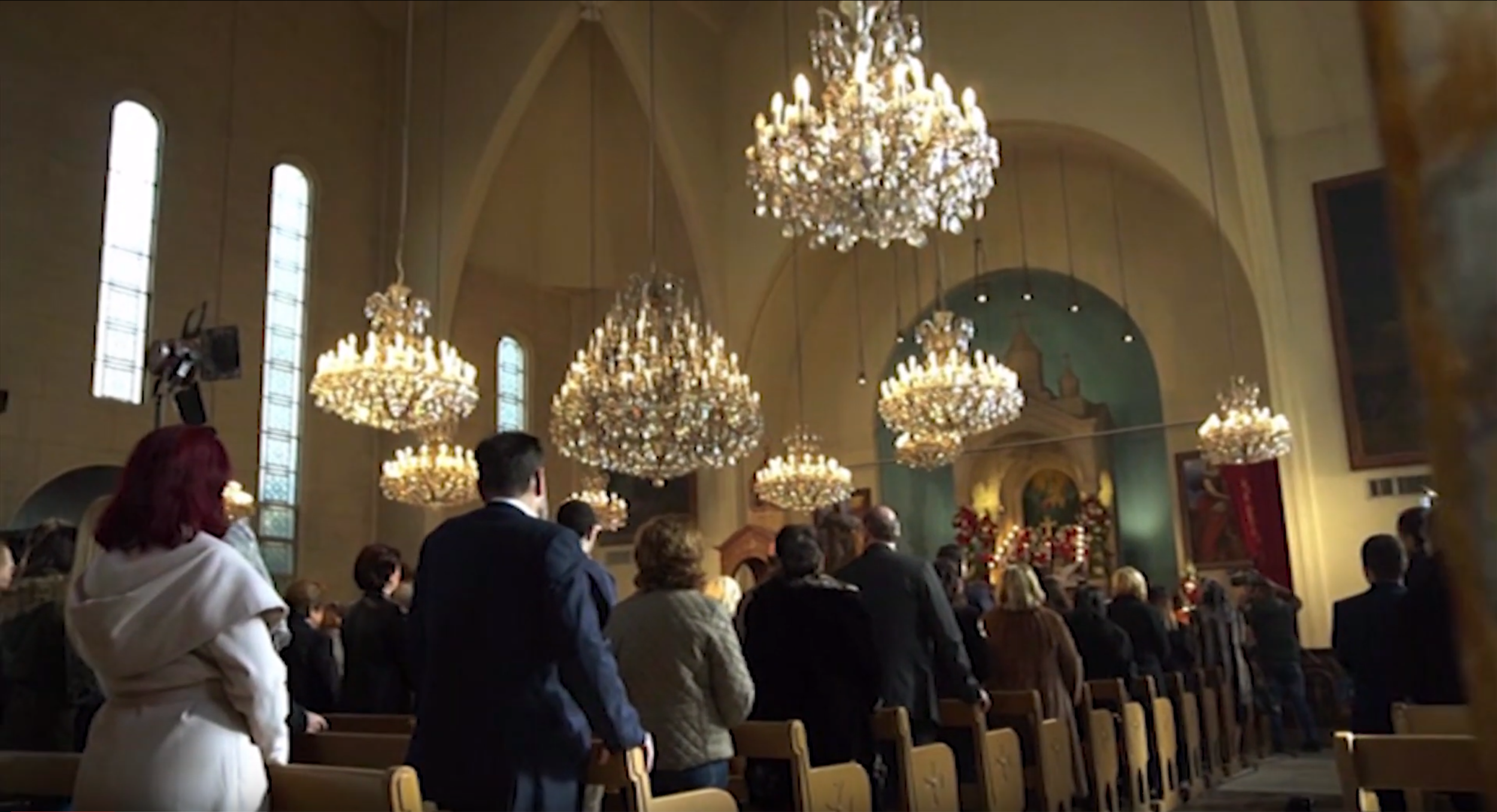
The Middle East Council of Churches is a regional ecumenical organization, which brings together Churches in the Middle East for a common Christian witness in a region where Christ was born, lived, died and resurrected.
Professor Michel Abs
The Secretary General of the Middle East Council of Churches (MECC)
The determination of His Holiness Pope Leo XIV compelled him to set out for Lebanon, burdened with deep concern for this afflicted, threatened, and suffering nation, hoping he might save whatever can still be saved from a situation that has clearly reached the edge of the abyss.
Throughout its history, the papacy has cared for Lebanon, seeing it as a land of knowledge and freedom that radiates light onto its surroundings, which have experienced upheavals that affected life and progress. Today, Lebanon is enduring trials even harsher than those faced by its neighbors. The papacy recognized Lebanon’s value as a space of interaction between East and West, granting it great attention and viewing it as a high human value. This is why Pope John Paul II described it as a message—a description repeated by Pope Leo XIV during his current visit.
That the Pope’s first visit should be to Lebanon signals a high level of concern for this jewel of a nation, targeted for destruction by forces of evil, including some of its own people. His Holiness arrived urgently, and his two-day visit was intensely packed, as if he were carrying out an emergency mission before a looming deadline or before time ran out.
During this urgent “mission,” the Pope sent messages in all directions, addressing every matter he considers vital for the Lebanese people, in a gesture of boundless compassion. He expressed to the Lebanese that he carries their pains and hopes in his heart…
Discussions Focused on the Paths of Dialogue and the Implications of Pope Leo XIV's Visit
"Paths of dialogue and reconciliation, human fraternity, nurturing hearts for peace, the relationship between the Middle East Council of Churches (MECC) and the Vatican and the Chaldean Church, holistic human development, and serving life and the common good."
All these issues and topics were discussed during the meeting between His Beatitude Patriarch Cardinal Mar Louis Raphaël Sako, Chaldean Patriarch in Iraq and the World, and Honorary President of the Middle East Council of Churches (MECC), and the MECC Secretary General Professor Michel Abs, at the Chaldean Eparchy in Baabda, Brasilia. Attendees were the Head of the Chaldean Community in Lebanon His Eminence Bishop Michel Kassarji, the Episcopal Vicar General of the Chaldean Eparchy of Beirut Monsignor Raphael Traboulsi, and the Coordinator of the Dialogue, Social Cohesion, and Human Dignity Program Professor Laure Abi Khalil.
Following the reception, both sides spoke at length about the aforementioned topics and affirmed that "genuine dialogue has become a necessity in times of crisis to overcome divisions and reject the logic of violence and hate speech, so that everyone may follow the path of mutual love and reconciliation. This is what the Council works on in its programs and seeks to transfer this experience to many countries."

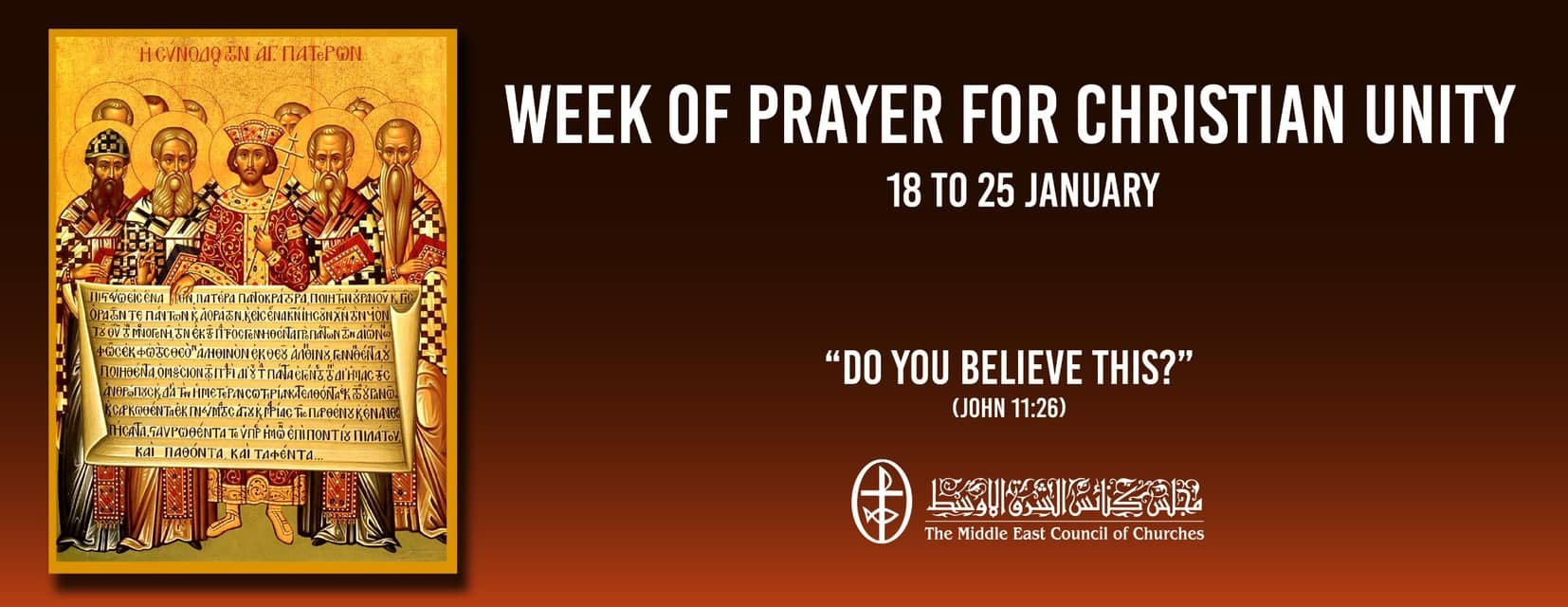

BEIRUT BLAST
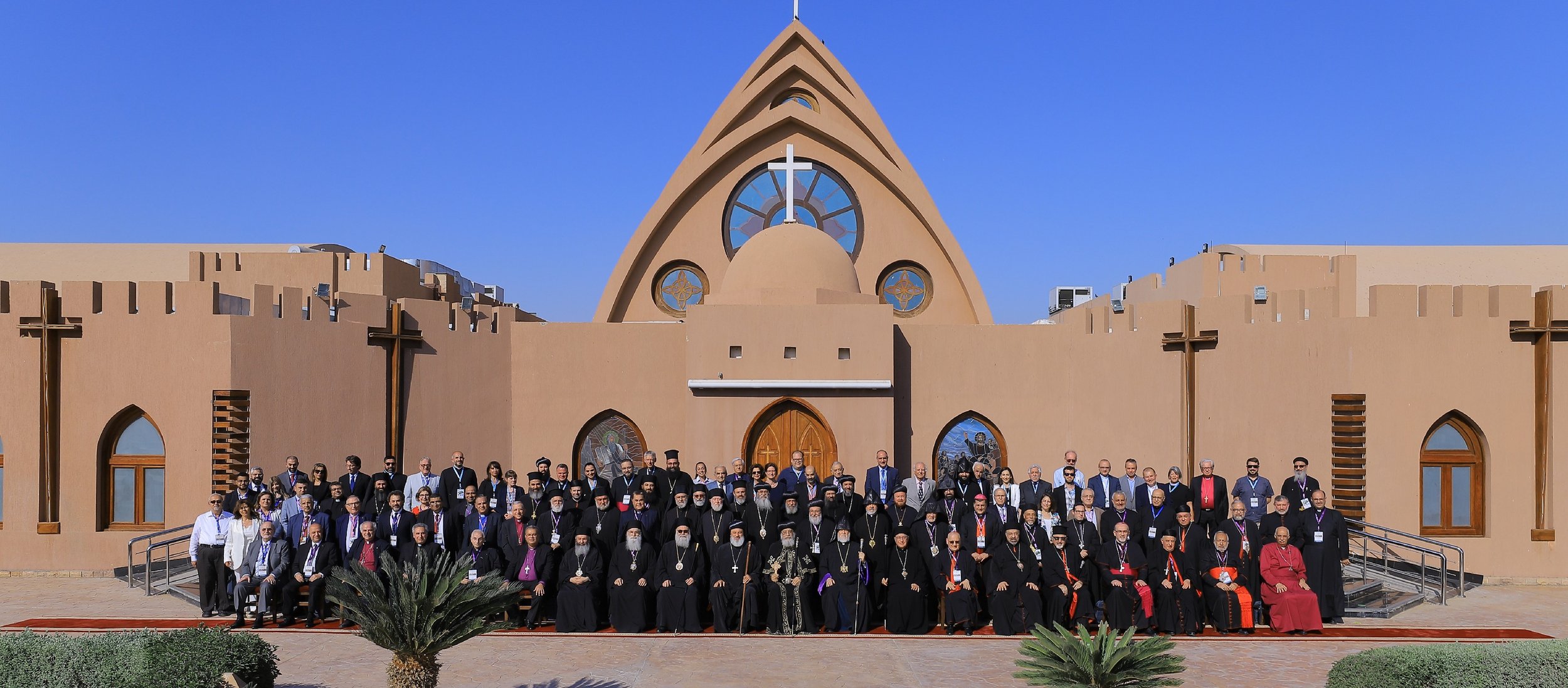

VIDEOS
The Middle East Council of Churches… 50 years of Continuous Witness
A Story of Success
Department of Diakonia and Ecumenical Relief


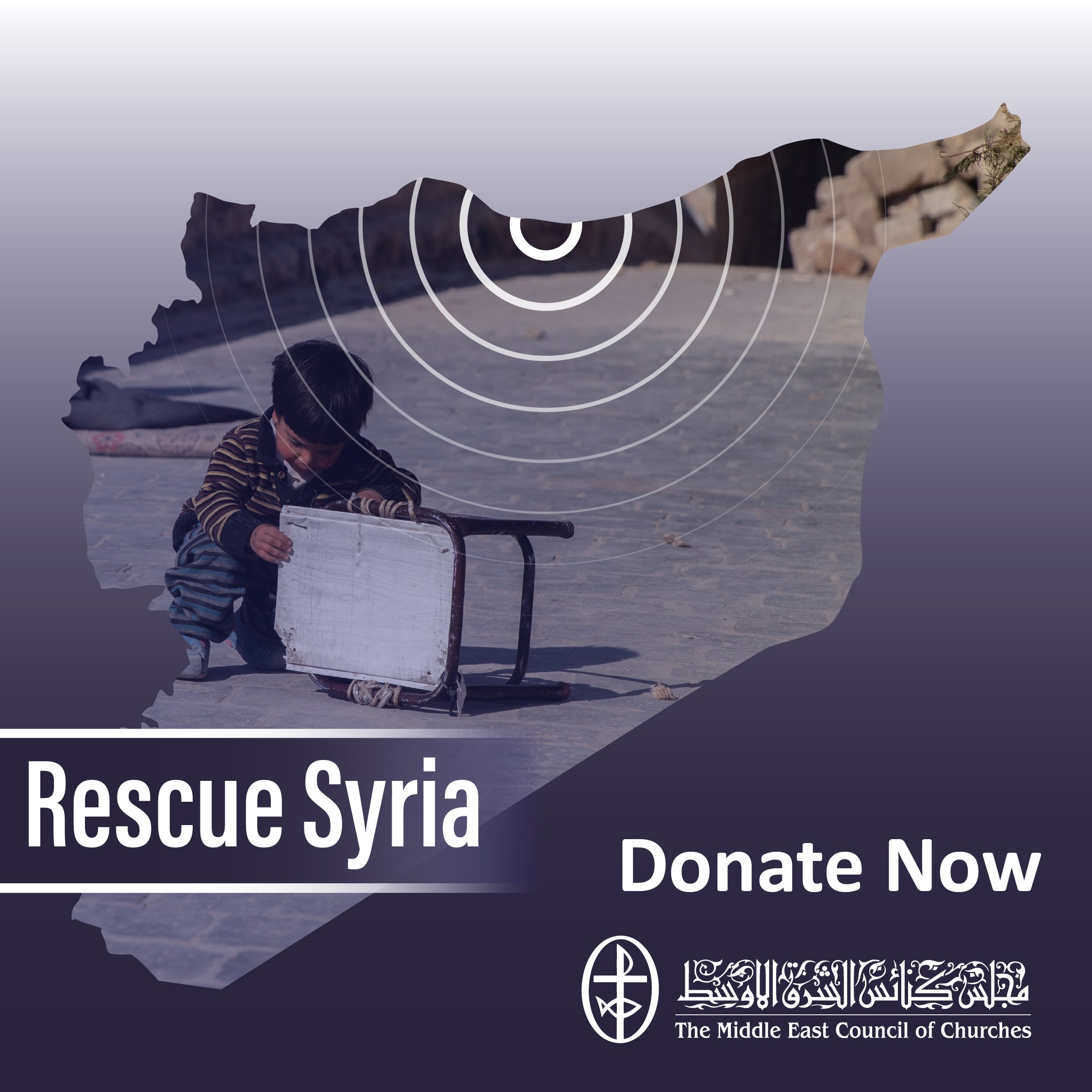



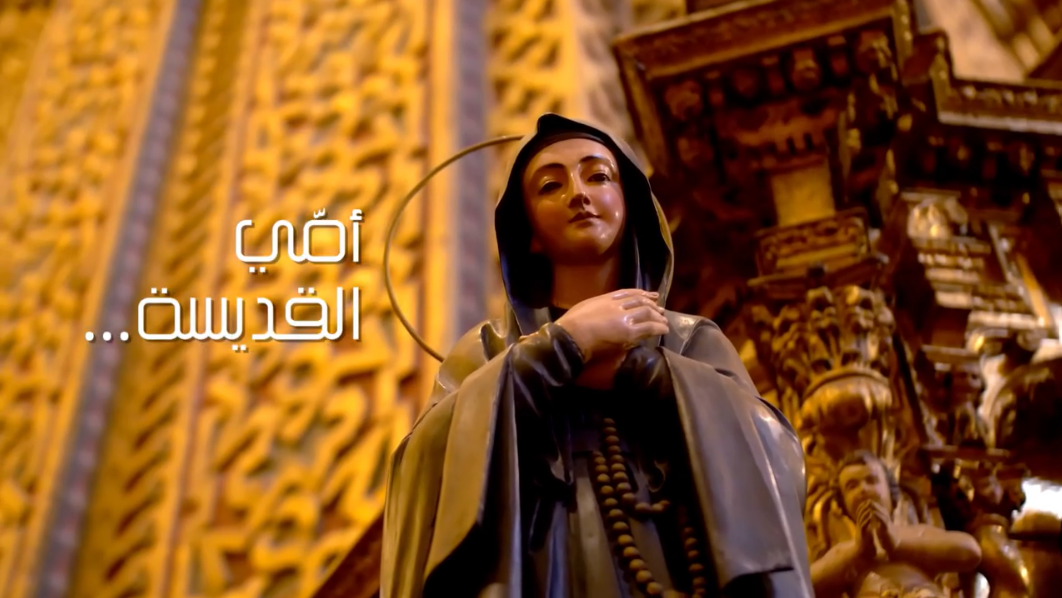



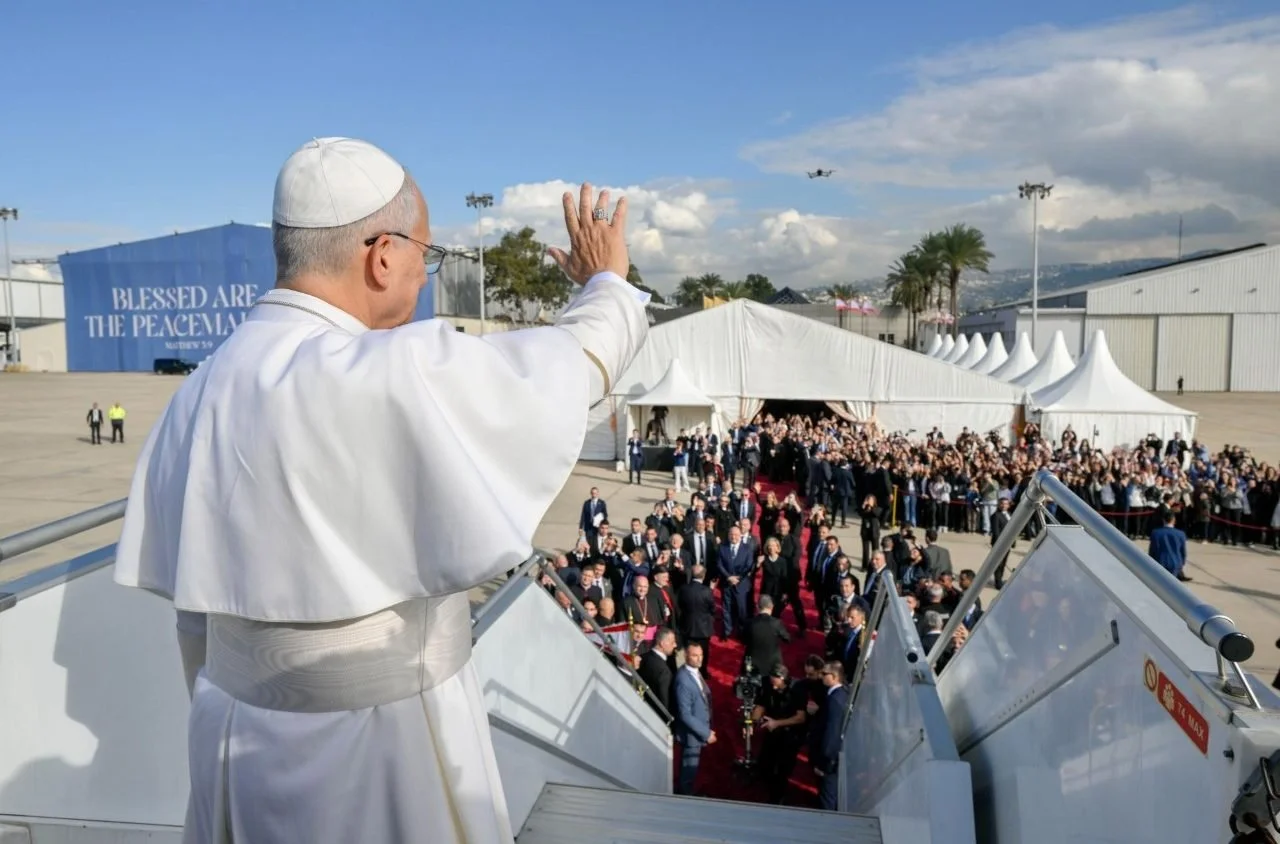
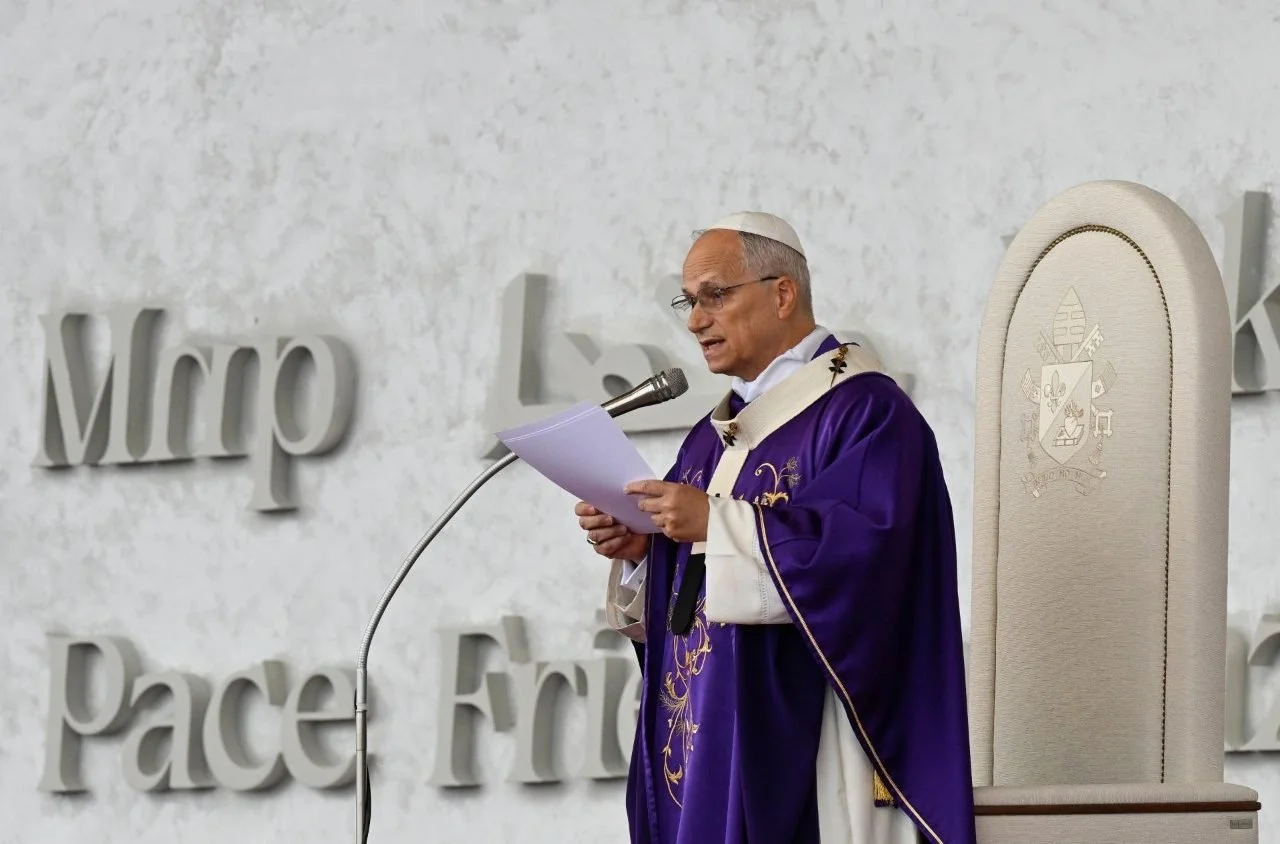
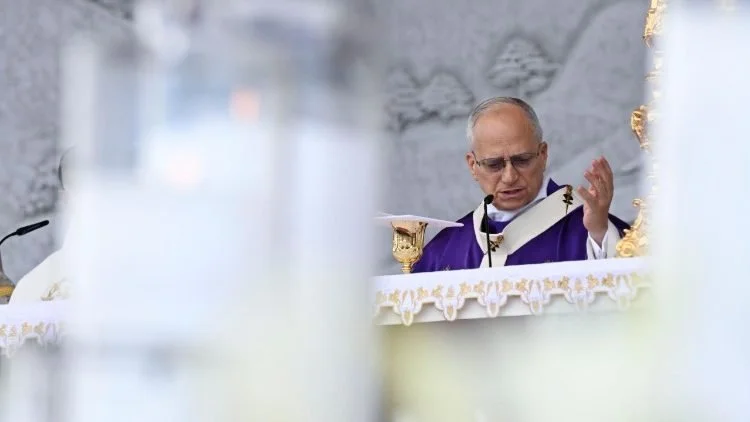

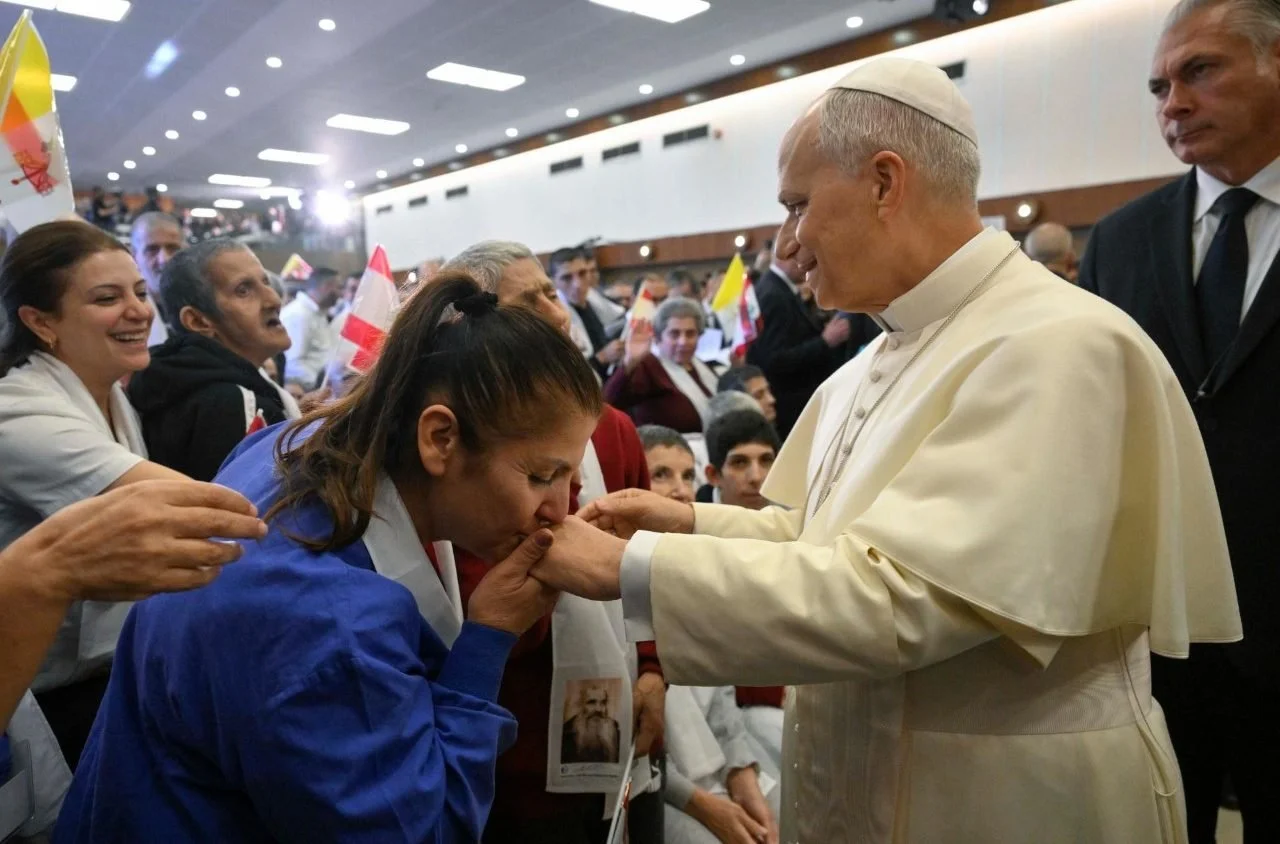
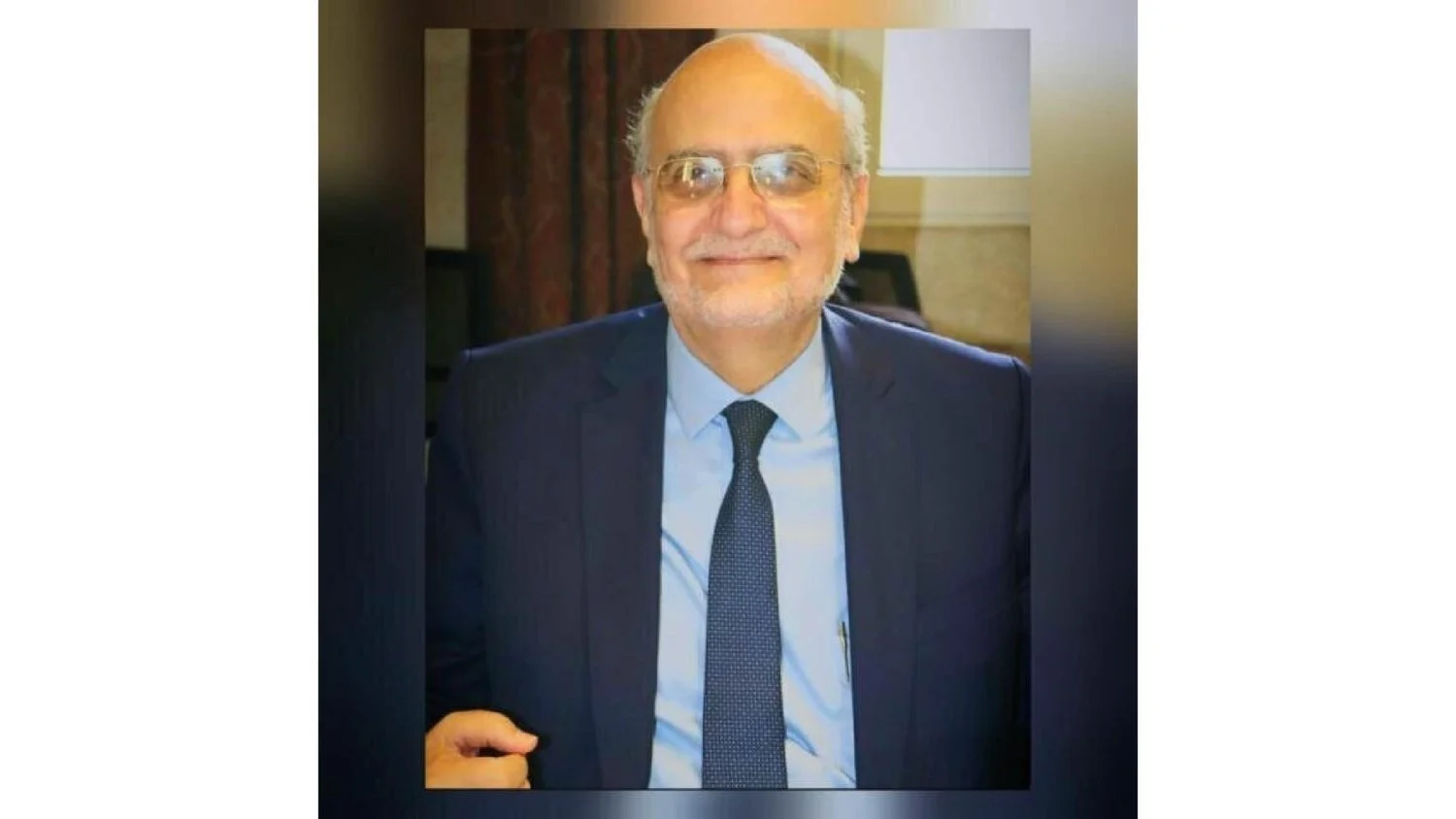
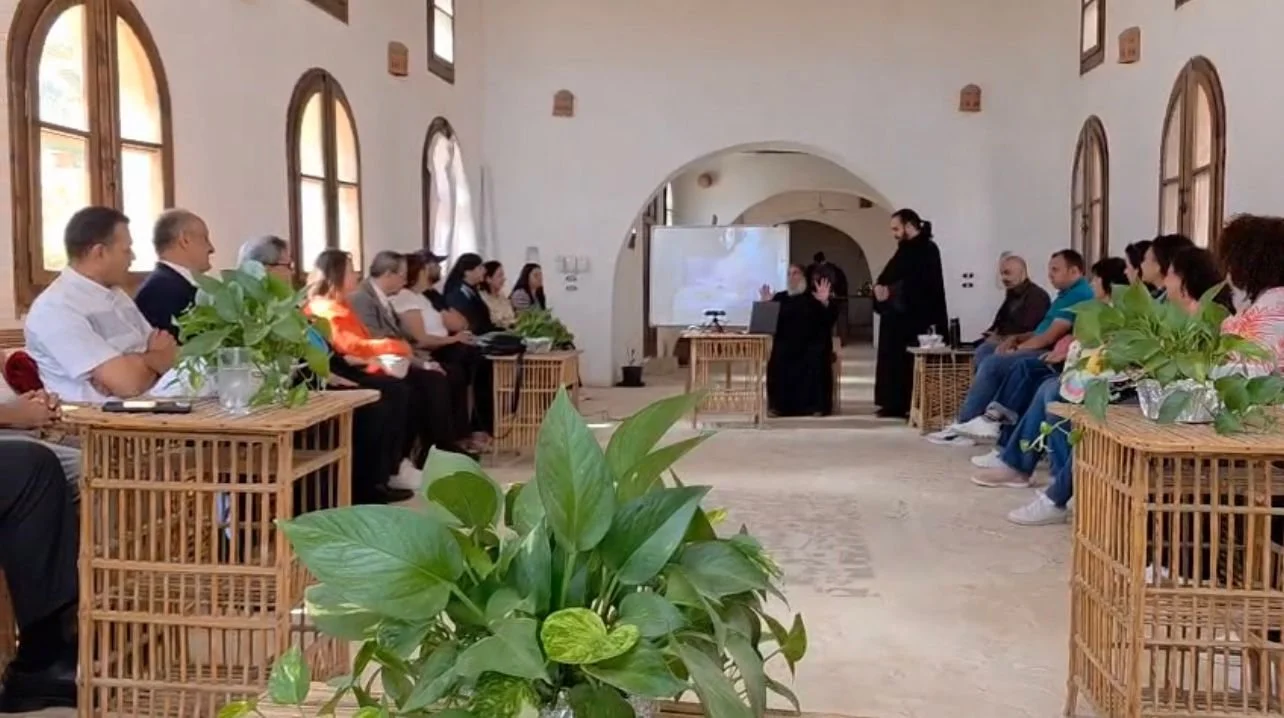


























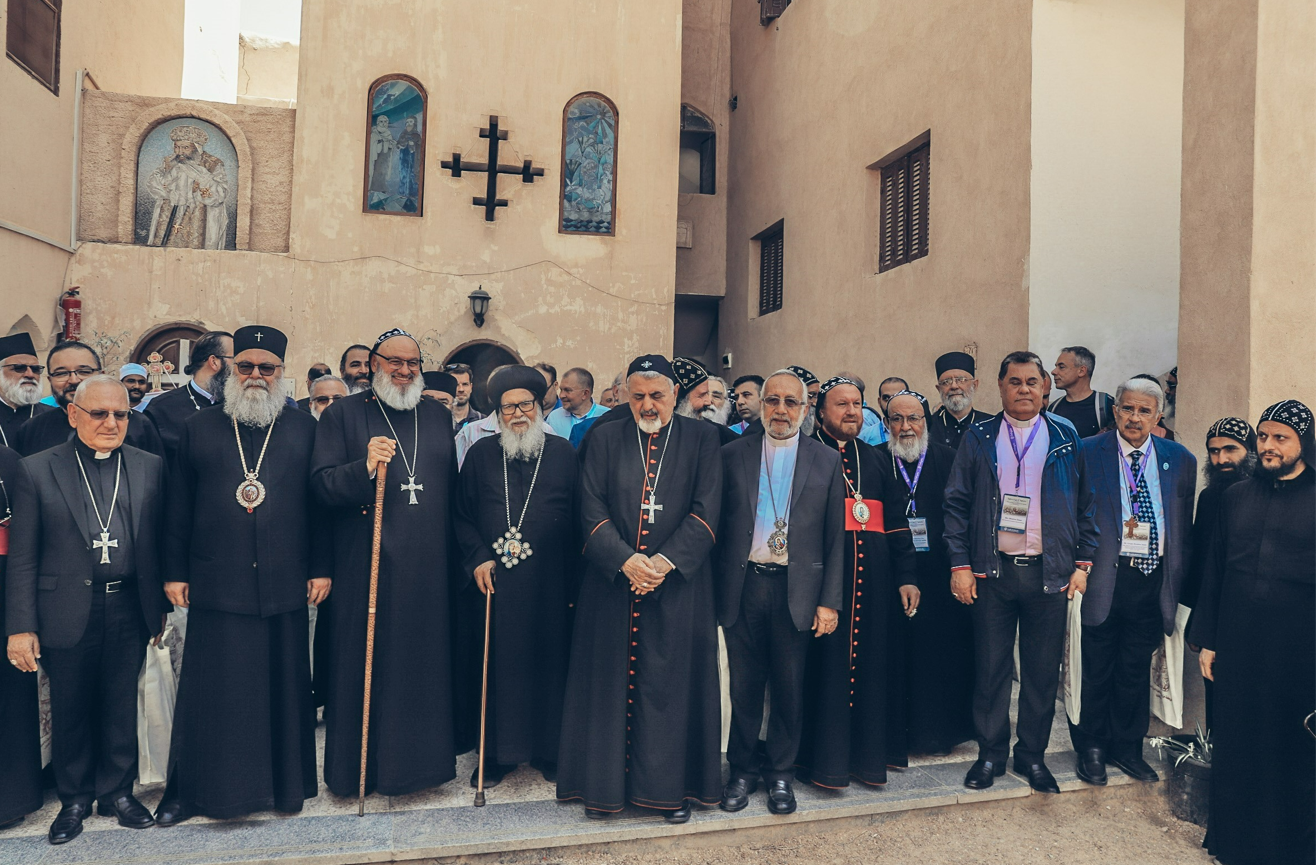















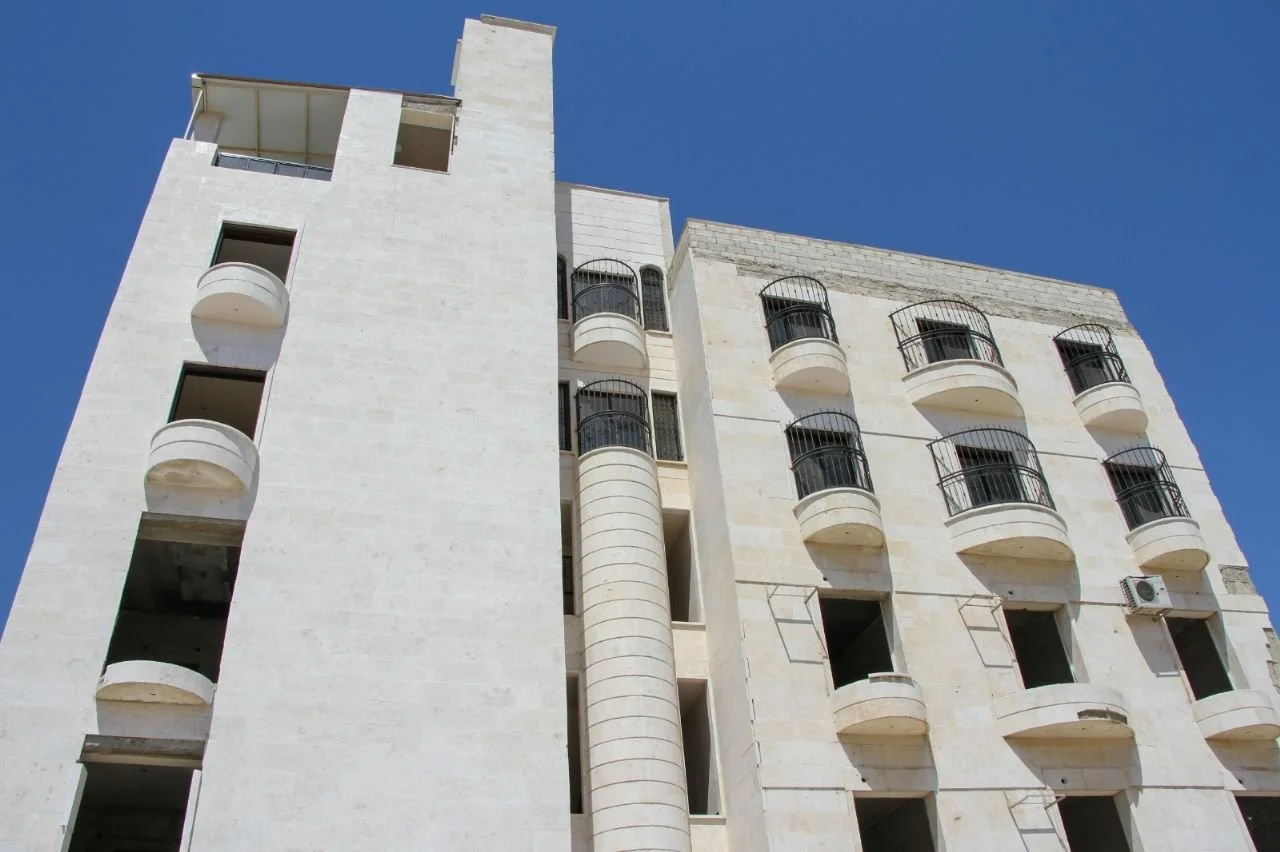






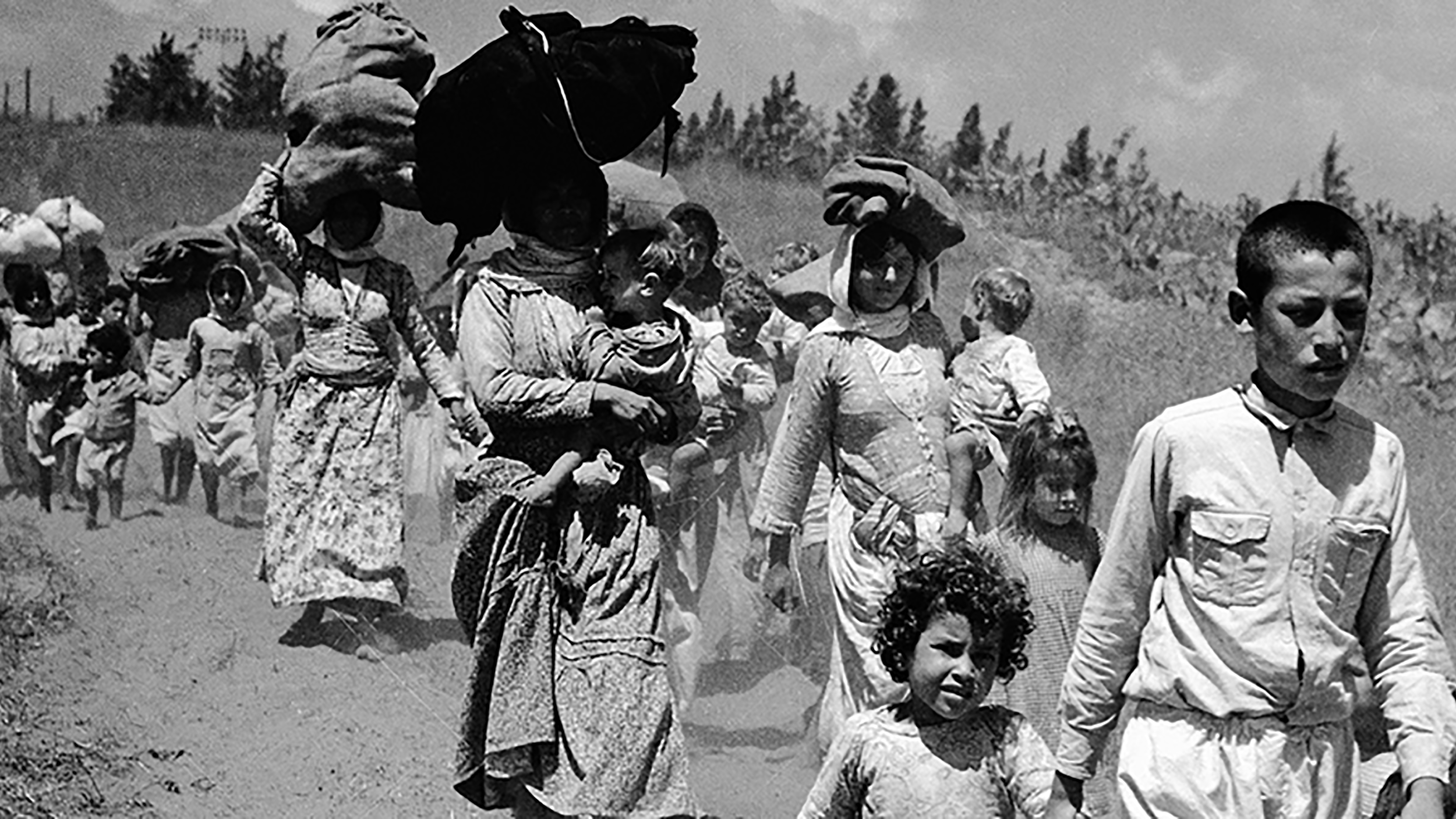



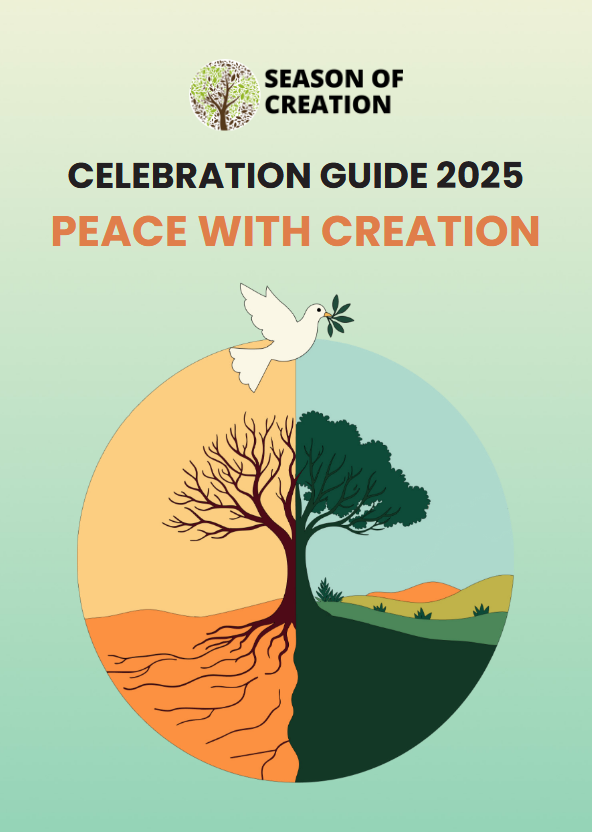

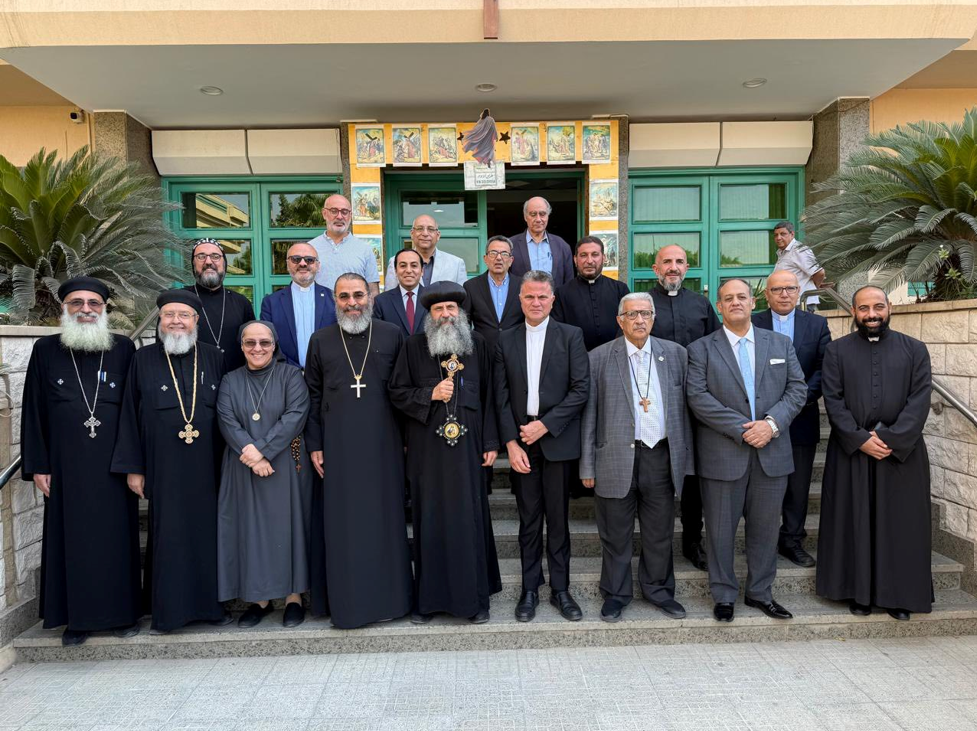
“Momentum”
5-12-2025
This issue includes reports, videos, news, articles, and a full coverage of the latest developments of the Middle East Council of Churches (MECC), as well as the Church, Ecumenical, and social events…
This is in addition to the weekly word of the MECC Secretary General Professor Michel Abs which is entitled in this issue “A Blessing of a Shepherd, and a People’s Responsibility”.
You can check the issue via the following link: https://mailchi.mp/be9ad4b8ef99/momentum-mecc-weekly-newsletter.
You can also subscribe to the Momentum Newsletter via the following link:
https://mecc.us14.list-manage.com/subscribe?id=fd3381352a&u=1db32cafe9ea32b38eb90480a.